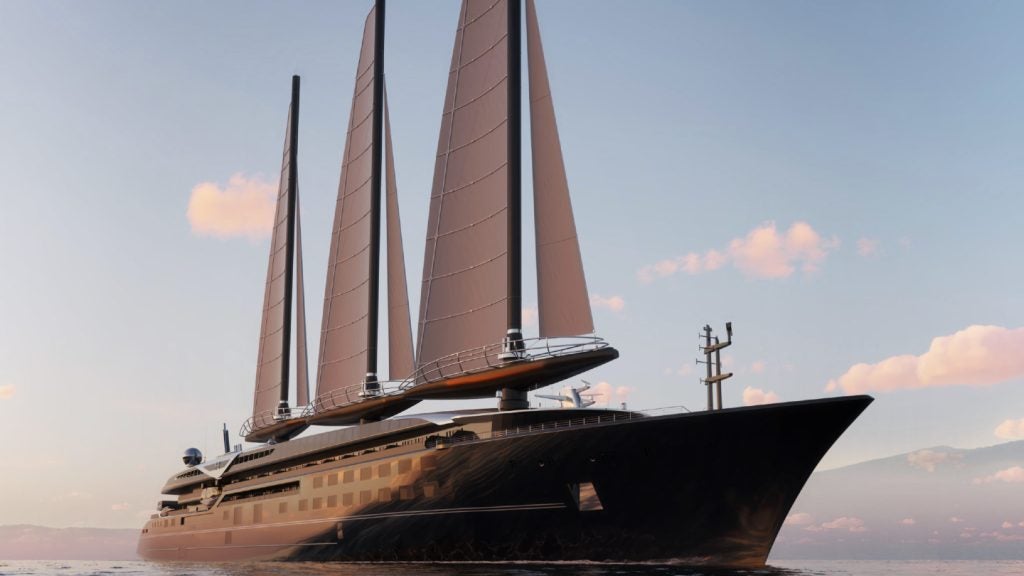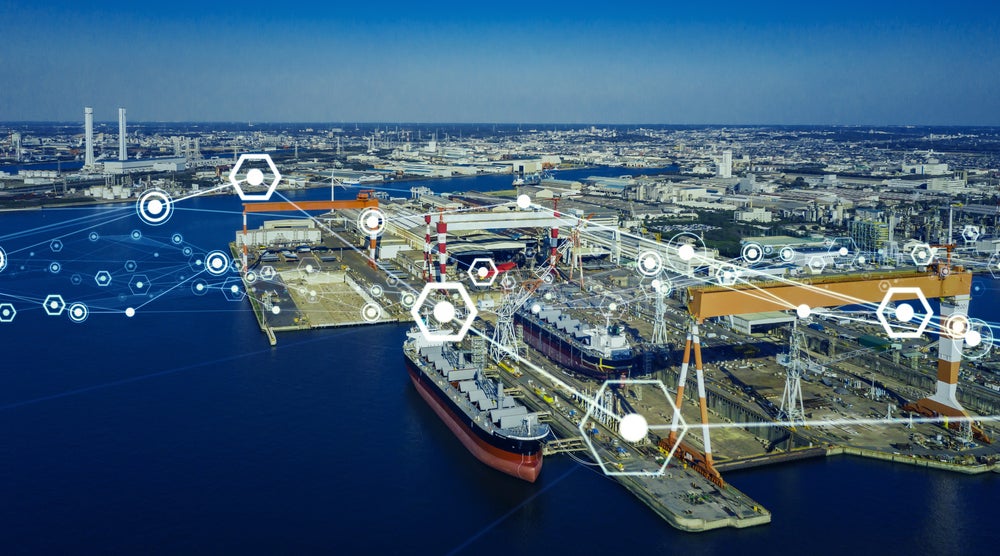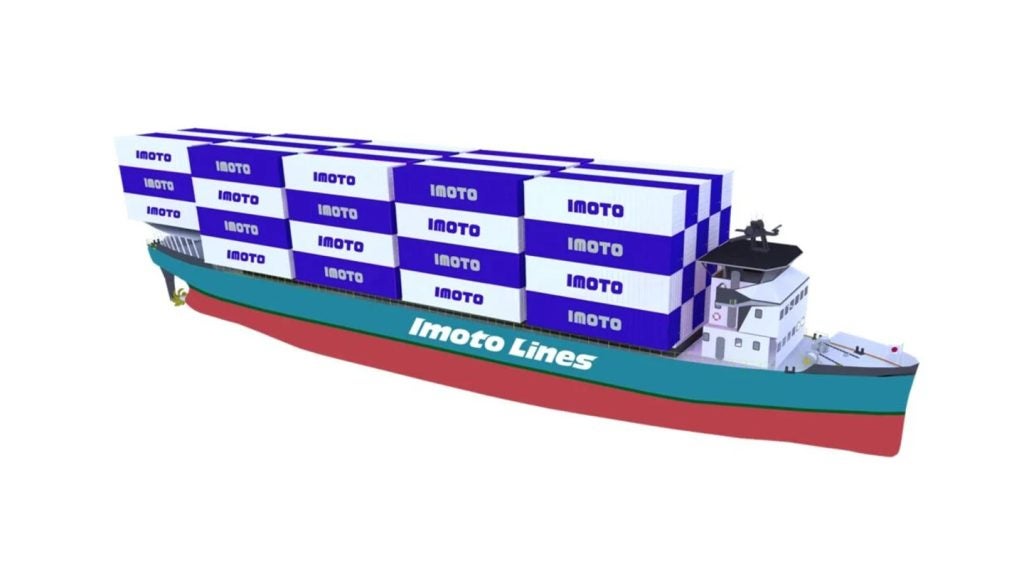Marine propulsion systems, transmission and ship engine room equipment and systems play a key role in ensuring the reliable and continuous operation of a ship under harsh weather conditions while meeting environmental regulations and emissions requirements.
Discover marine propulsion, transmission, and ship engine room equipment suppliers
Ship Technology has listed leading manufacturers and suppliers of propulsion, transmission, and engine room equipment.
The list includes suppliers of marine engines, propulsion systems, electric motors, generator sets, transmission gearboxes, auxiliary power systems, exhaust gas systems, and spare parts for ships.
The information available in the download document is useful for shipbuilders, owners and operators, marine engineers, procurement officers, marine mechanics, technicians, and any other individual involved in the acquisition, operation and maintenance of propulsion, transmission, and engine room equipment for marine vessels.
The download contains detailed information on the manufacturers and suppliers and their product offerings, alongside contact details to ease your buying decision.
Marine propulsion, transmission and engine room equipment for ships
Propulsion, transmission and engine room equipment and systems used in ships include:
- Propulsion engines and marine generators
- Marine motors, transmission, and waterjets
- Electrical and hybrid propulsion systems
- Fuel injector test rigs and hydraulic power supplies
- Fuel oil supply and booster modules, heavy fuel oil (HFO, marine diesel oil (MDO), lube oil and water treatment units
- Hydraulic rudder propellers, bow thrusters and cranes
- Exhaust gas cleaning systems (EGCS)
- Motion control, stabilisers, and ride control system
High-performance marine propulsion systems and engine room equipment for ships
Simple installation and maintenance, high power output and reliability, fuel efficiency and flexibility, low operational costs, and compliance with International Maritime Organization (IMO) regulations are the key factors that influence the selection of ship propulsion systems.
Low engine noise and vibration levels along with an operator-friendly workspace are critical in choosing the transmission and engine room equipment and systems that meet current and future ship propulsion needs and challenging maritime operational requirements.






